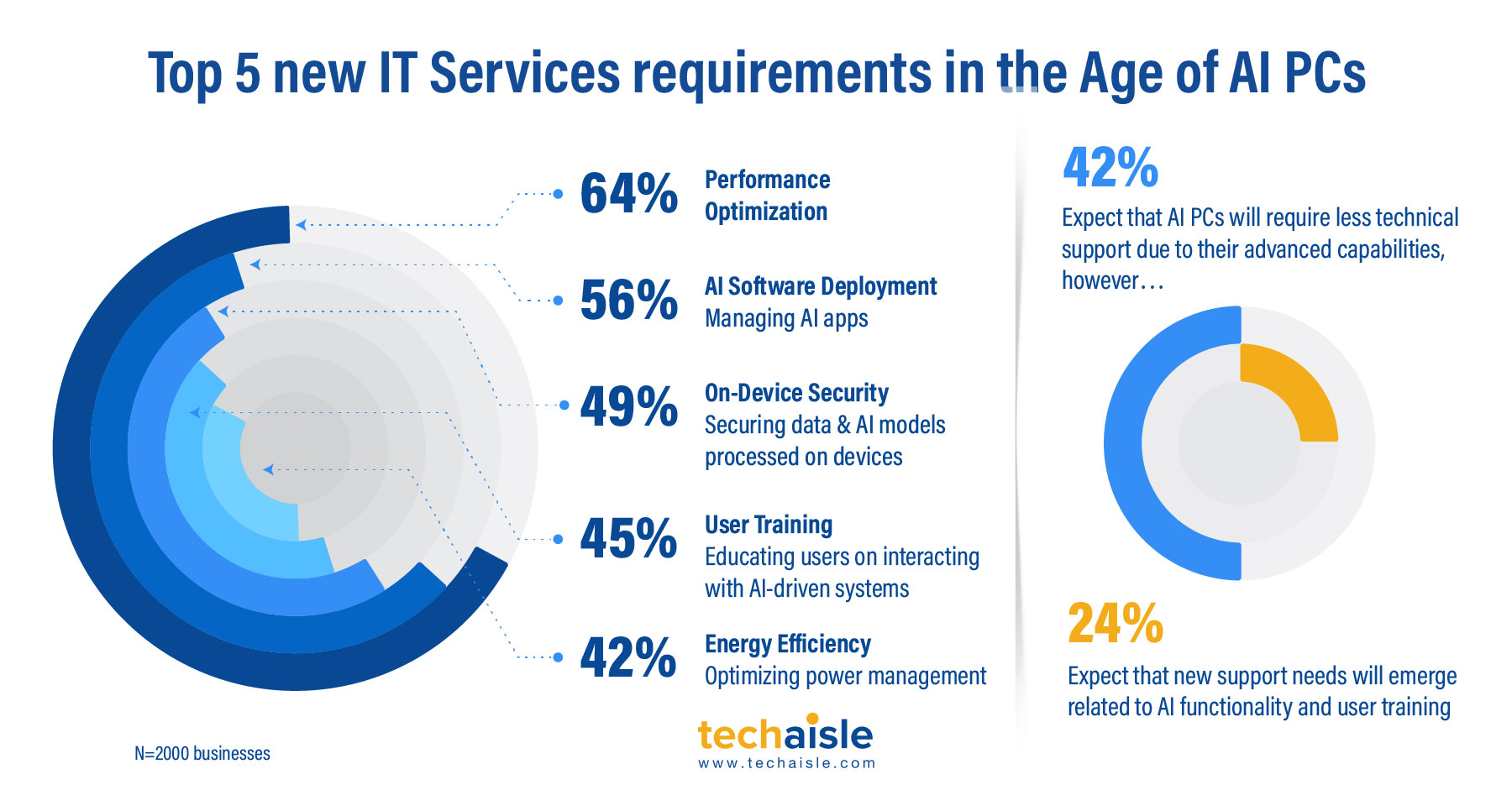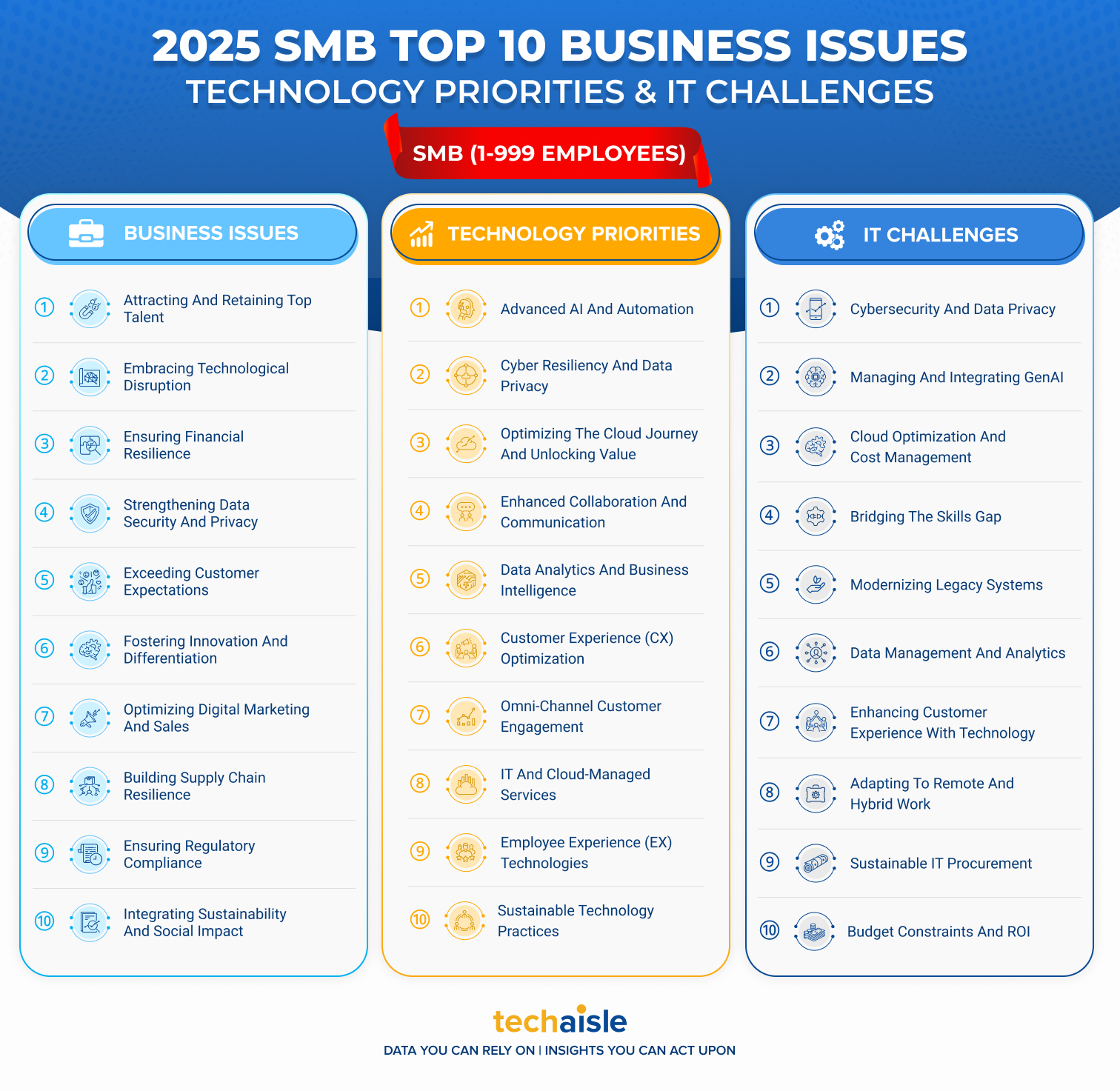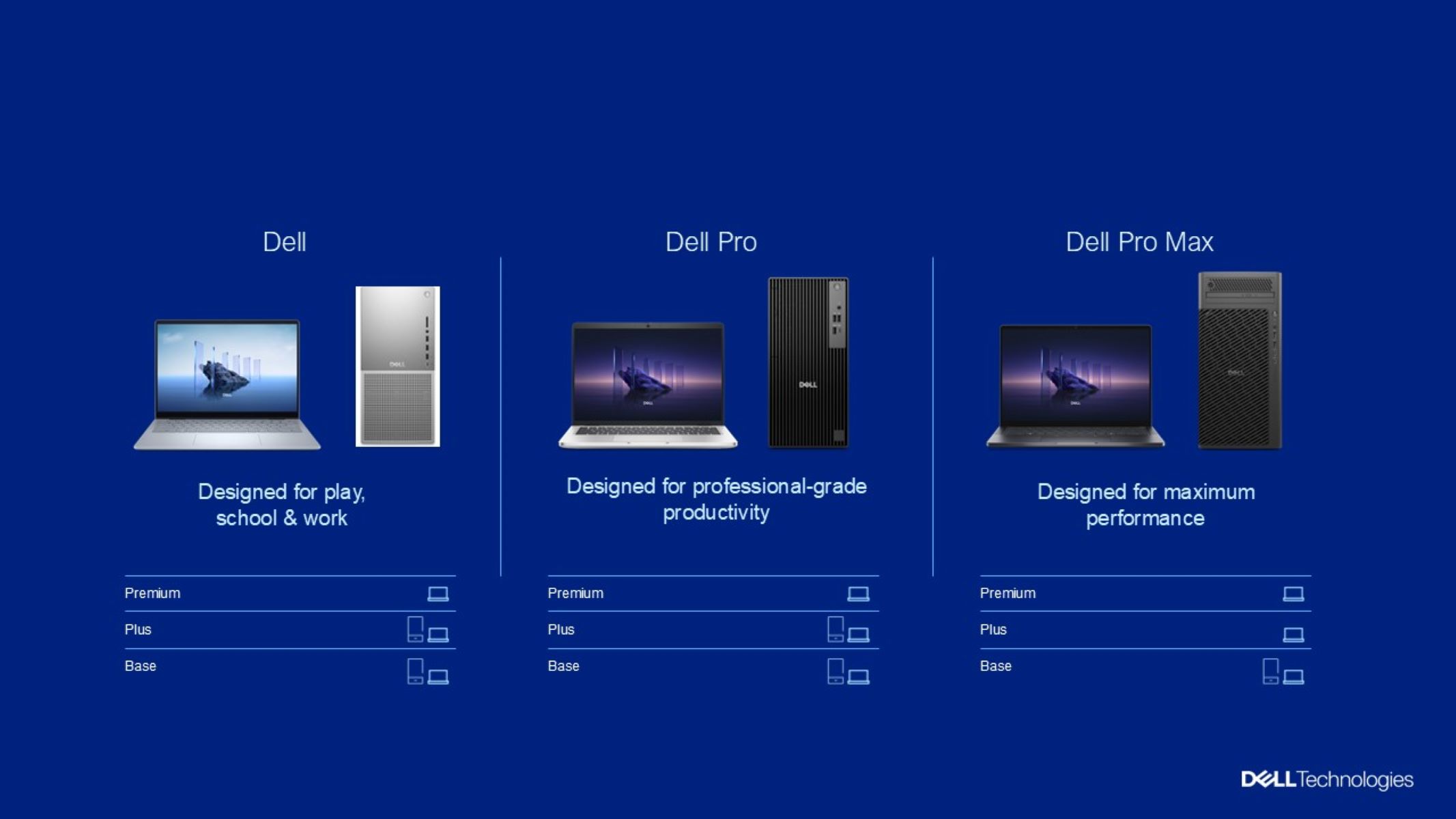In today's rapidly evolving tech landscape, cloud marketplaces have emerged as critical channels for software distribution and consumption. Among these, Google Cloud Marketplace stands out with its unique approach, rapid growth, and strategic initiatives designed to benefit both customers and partners. This analysis delves into the key aspects of Google Cloud Marketplace, exploring its vision, growth metrics, partner advantages, recent developments, and future strategies. I will also look at why partners should seriously consider Google Cloud Marketplace as a pivotal part of their go-to-market strategy. Marketplaces do not kill the channel; instead, channel partners are a vital link in the buyer's journey. Buyers have access to a curated codebase that provides an expectation of security and interoperability. Cloud marketplaces help IT staff manage the ingestion of new software capabilities, and the effective use of cloud marketplaces contributes to agility and cost control. Both partners and marketplace operators build and manage relationships, plug into sales and marketing programs, drive investment in the implementation and support for end-users, and fund all of this on a fraction of the monthly fee associated with each service sold. Marketplaces contribute to channel partner evolution, not extinction, opening doors to agility and control.
Techaisle's survey shows 34% of SMBs, core-midmarket, upper midmarket, and enterprises are expanding cloud marketplace usage. Among upper midmarket firms, 70% find these marketplaces deliver time to value, and 67% say they simplify procurement.
What is Google Cloud Marketplace?
At its core, Google Cloud Marketplace is the primary digital storefront for Google Cloud and its partner ecosystem. It is designed to be a universal catalog of solutions, allowing customers to easily discover, try, and purchase software that runs on or with Google Cloud. This includes everything from virtual machines and Kubernetes to SaaS offerings, AI agents, foundational models, commercial data sets, and also professional services to support the end-to-end software lifecycle. The goal is to modernize the way business software is bought and sold, focusing on simplified discovery, efficient purchasing, and validated deployments that are deeply integrated with the Google Cloud environment.
The Vision Behind the Marketplace
The fundamental vision of Google Cloud Marketplace is to modernize software procurement. This involves several key areas:
- Simplified Discovery: Making it easy for customers to find the solutions they need.
- Efficient Purchasing: Streamlining the buying process to save time and resources.
- Validated Deployments: Ensuring that all solutions are tested and optimized for the Google Cloud platform.
- Integration: Providing solutions that are seamlessly integrated with the Google Cloud environment.
By addressing these points, Google Cloud aims to make it easier for customers to adopt and use cloud-based solutions, while also providing a robust platform for partners to reach a broader audience and grow their business.
Impressive Growth Metrics


















